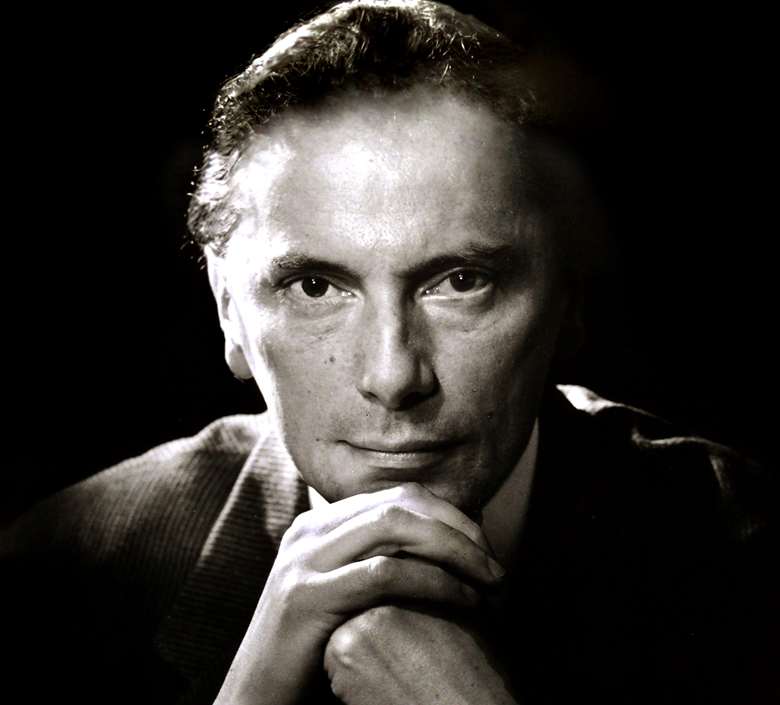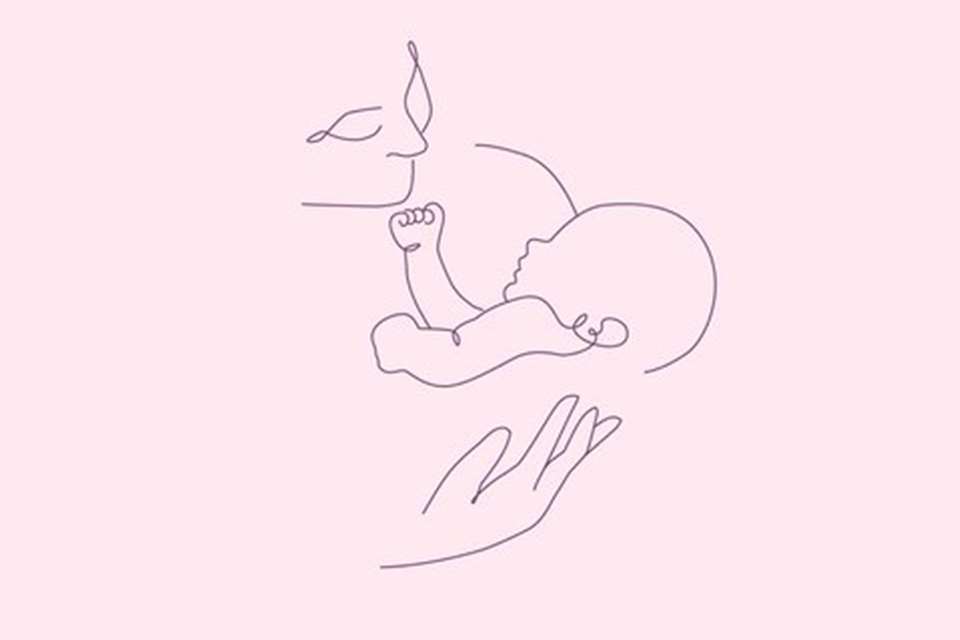'It's drama after drama': Lady Camilla Panufnik on the re-release of her husband's autobiography
Florence Lockheart
Tuesday, April 25, 2023
Florence Lockheart sits down with the Polish composer's widow, Lady Camilla Panufnik, ahead of the re-release of Andrzej Panufnik's autobiography later this week, to find out more about her work preserving her husband's legacy and discover the enduring relevance of Panufnik's story of resilience and resistance


Register now to continue reading
Don’t miss out on our dedicated coverage of the classical music world. Register today to enjoy the following benefits:
- Unlimited access to news pages
- Free weekly email newsletter
- Free access to two subscriber-only articles per month
